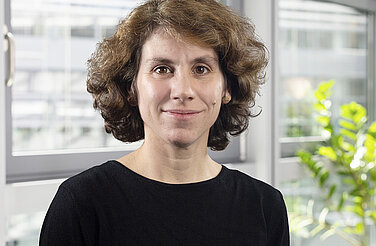About our application process
About our application process
Our participant selection process starts with a call for applications, which occurs several times a year. Professionals interested in participating in our training programmes must apply using the official online application form. Access to the application form is only provided during a call for applications. After the submission period has ended, the Training team reviews all applications. Shortlisted candidates are invited to an interview where they can provide additional insight into their motivation for participating in our training courses. Shortlisted candidates are updated on their application status after the interview phase. Candidates offered a spot in our training programmes receive support from our team during the preparation of their training participation. Applicants not shortlisted will be informed of their application status only once all spots in the training programmes are filled.
How to apply
Once you have read the programme information and eligibility criteria carefully, please submit the following documents in one single (English language) PDF document file via the online application form. Note: Missing, non-compliant or incomplete documents applications may lead to an automatic rejection.
- Your CV/resume (max. 2 pages)
- A letter of support from your home institution granting you permission to participate in the training (applications not including this letter may be automatically rejected)
- A motivation letter describing your current responsibilities in your organisation and how the training programme(s) would support your work in your home country (max. 500 words; around 4000 characters with spaces)
Applications for the EnerTracks Fellowship: Aside from the motivation letter, applicants must also include information on the specific research topic/project they would like to expand on with their Agora mentor AND how this topic relates directly to their work (max. 250 words). Applications for the Fellowship not including information on the research topic may lead to an automatic rejection.

![[Translate to English:] Ulrike Salva Chawiche](/fileadmin/_processed_/e/8/csm_ulrike_salva_chawiche_ce9f40133f.jpg)
